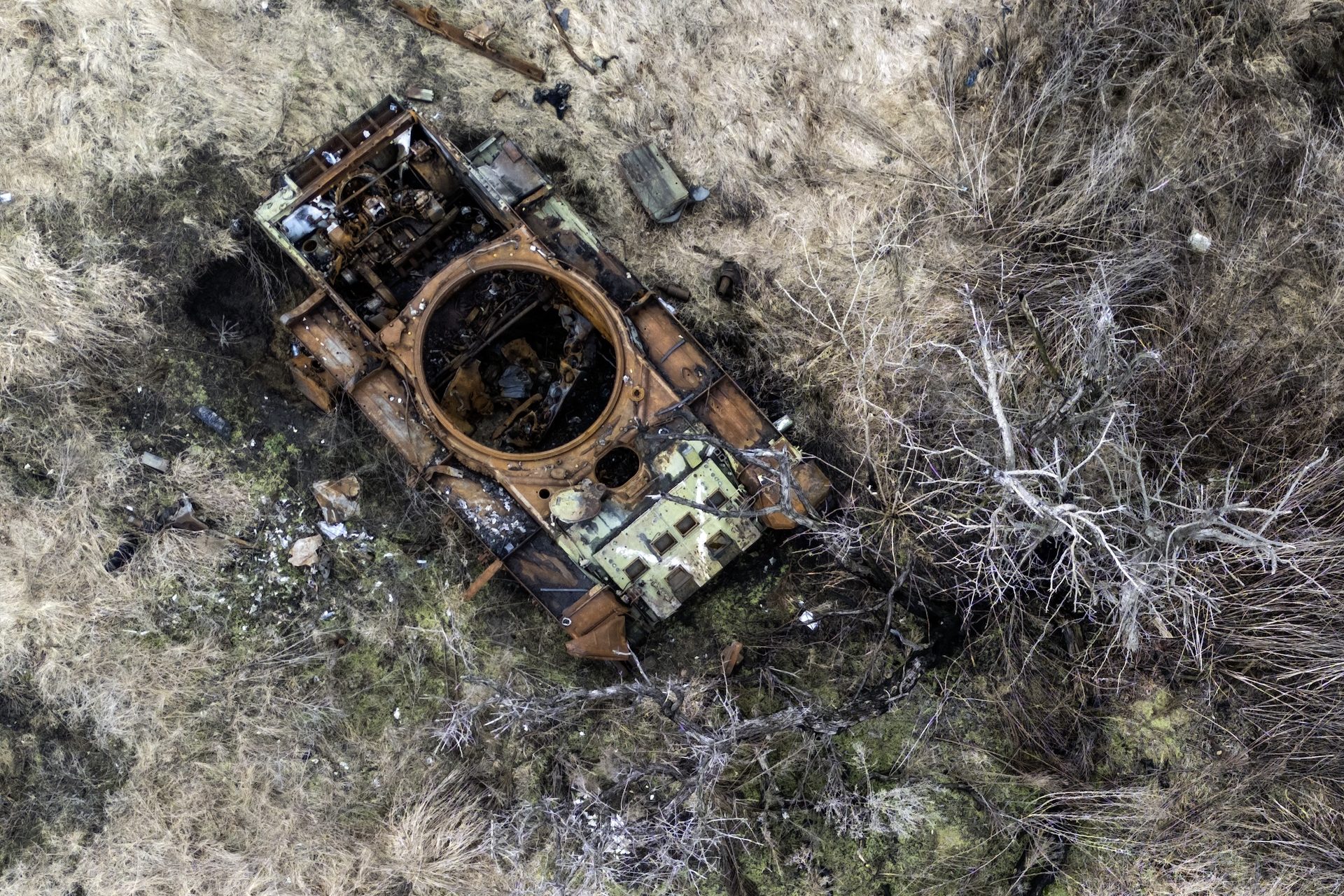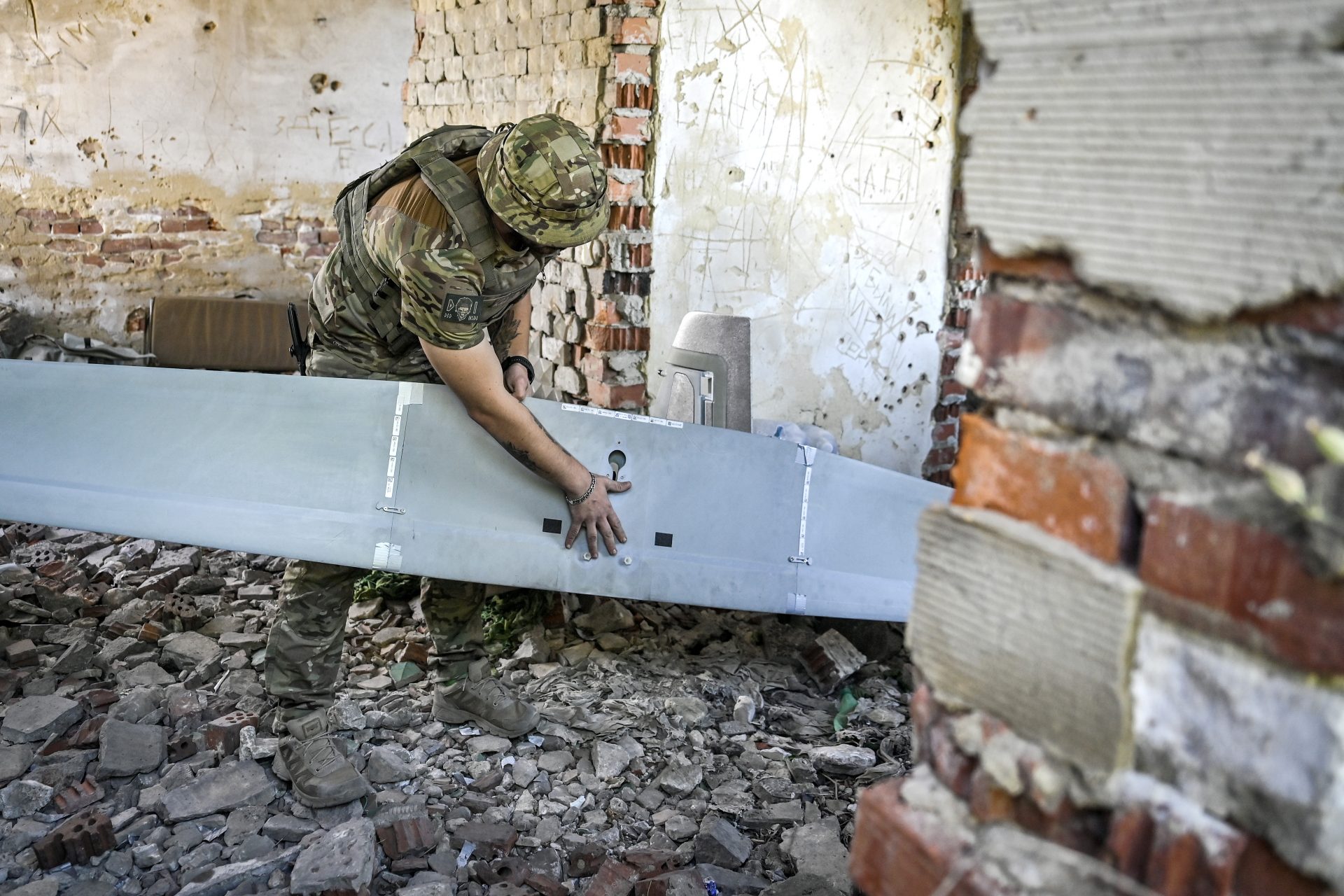Images: the 'Bomb Cyclone' winter storm in the US
In many of the country's territories, Americans are used to extreme weather events. But climate change is taking the waves of cold and heat beyond what is acceptable. This December, an arctic front is ravaging large areas of the United States, causing dozens of deaths and chaos. In the image, Flint (Michigan) is covered by snow.
New York State was among the hardest hit by snow, wind storms, and freezing temperatures, costing several lives. In the Buffalo area (image), driving was prohibited. There were power outages, abundant snow, and hurricane winds up to 65 mph.
According to The New York Times, there have been at least 28 deaths in western New York state, most of them in Buffalo. 56 Storm-related deaths have been reported in the rest of the country, in Vermont, Ohio, Missouri, Wisconsin, Kansas, and Colorado.
The storm has stretched throughout all of North America. According to the New York Times, officials said was this the worst winter storm in more than 50 years. "It is [like] going to a war zone, and the vehicles along the sides of the roads are shocking," State Governor Kathy Hochul said in a statement collected by the BBC.
BBC cites the United States National Weather Service stating that 60% of the US population has been affected by some alert due to snow and cold. Over the weekend, an estimated 250,000 homes and businesses experienced blackouts.
The storm is what experts call a Bomb Cyclone, which happens when atmospheric pressure rapidly falls, causing heavy snow and winds. According to the BBC, Montana had the lowest temperatures, reaching -50F.
This Bomb Cyclone caused massive roadblocks and stranded thousands of travelers during the holiday season. According to the tracking site Flightaware.com, nearly 4.000 flights were canceled on Monday after Christmas and around 2.000 the following Tuesday. At least 8,500 were delayed.
The storm reached states that usually enjoy mild winters. According to NPR, Florida experienced freezing temperatures for the first time in almost five years at Tampa International Airport. The BBC reported that iguanas in South Florida froze and fell from trees. In the image, a frozen fountain in Charleston, a town in South Carolina where the thermometers came down to 26F.
Many experts warn that climate change makes these extreme weather events more common every year. Previously, they were very isolated. Places like the north of Mexico suffered from an unprecedented cold from this storm.
Still, the Bomb Cyclone that hit North America this winter was predicted to be a "once-in-a-generation storm" by authorities. In a press conference collected by the New York Times, Buffalo's mayor Byron Brown said that the city had experienced precisely that "and then some."
President Joe Biden approved an emergency declaration allowing federal support for New York State. "My heart is with those who lost loved ones this holiday weekend," he tweeted.
The storm started to subside on Tuesday, but up to nine more inches of snow is still expected in parts of the state, meteorologists warn. In the rest of North America, millions have been affected by freezing temperatures.
BBC reports that in Canada, the central province of Ontario and the northeastern province of Quebec were affected. Prince Edward County, along Lake Ontario, declared a state of emergency and had to take snowplows off the streets.
A bus slipped and crashed on an icy road near the town of Merritt in the western Canadian province of British Columbia, causing four deaths.
Apart from its destruction, the storm also left beautiful images like this one, taken in Utah.
In Washington, DC, the iconic pond in front of the Lincoln Memorial was frozen, and some took the opportunity to walk on the ice.
On Monday, NY state Gov. Kathy Hochul acknowledged that "historic storms are no longer historical to us,” according to The New York Times. She explained that the state needs to take precautions to prepare for such storms, as climate change makes extreme weather more common.
More for you
Top Stories






























